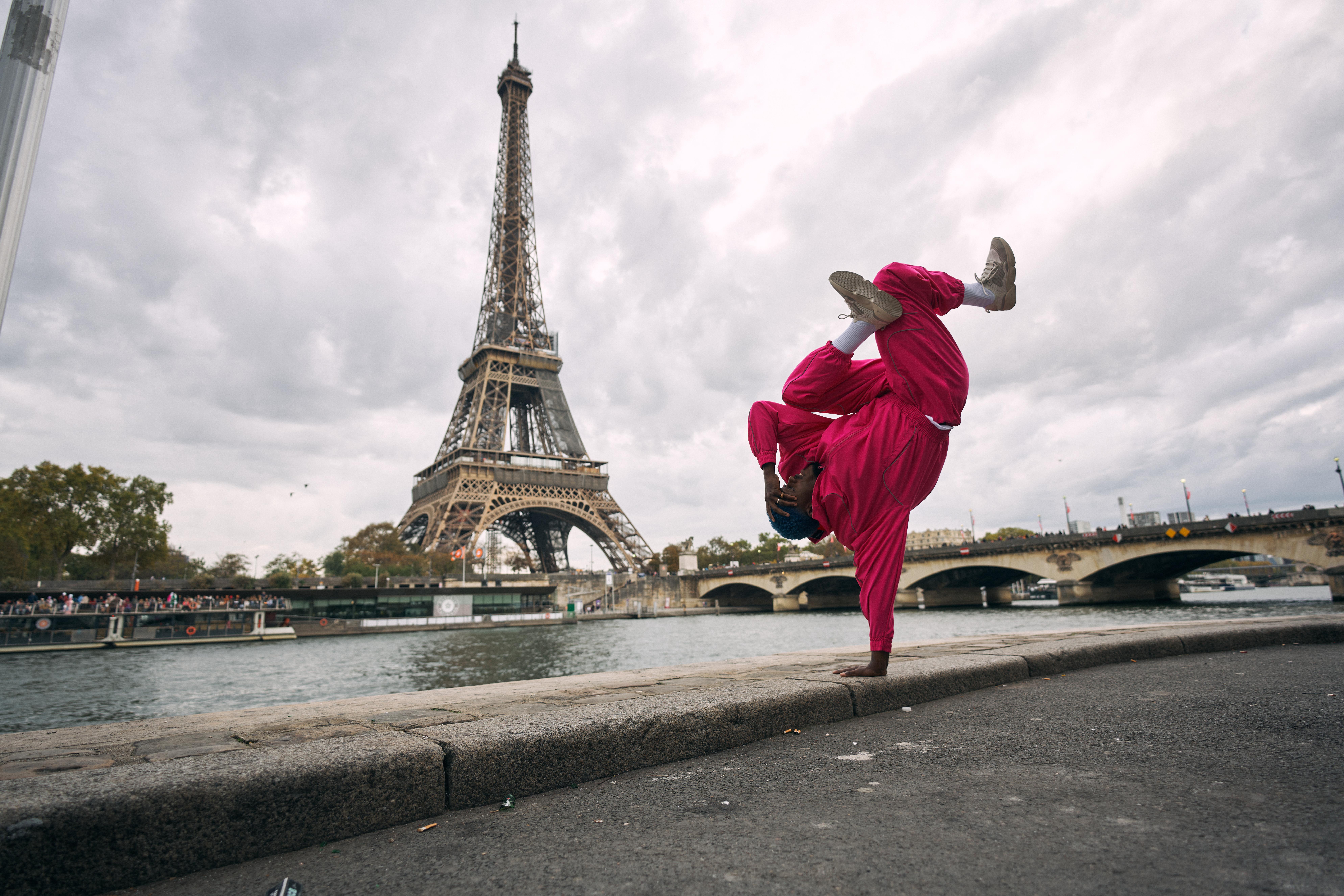Sport records or scientific breakthroughs do not happen overnight. They require courage, determination and hard work. Through the Sanofi’s People series, we are highlighting stories that create change.
We are leveraging the spirit of the Paris 2024 Olympic and Paralympic Games to spotlight inspiring individuals – at Sanofi and beyond – who inspire us to push our limits, to do more and to ignite our full potential.
Scroll through to discover their stories.
“Determination begins in your head and heart”
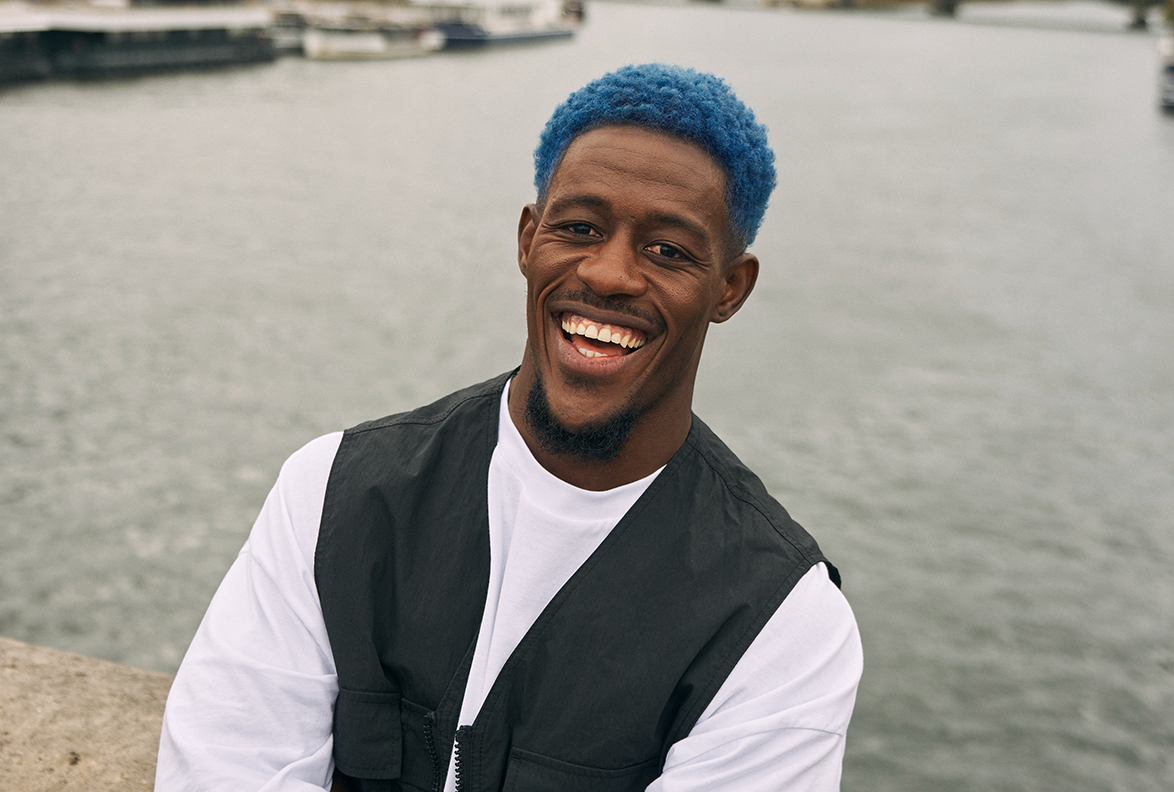
Dany Dann
Dany Dann discovered break-dancing at 15 and soon after left French Guiana to build his career in mainland France. When his former ‘dance twin’ and best friend died of a sudden heart attack, break-dancing helped him cope with his grief and pushed him to perform at the highest level.
A champion of diversity, Dany set up his own organization, Best One, to inspire children and young people. He takes huge pride in the fact that break-dancing, born on the streets and accessible to everyone, is stepping into the Olympic limelight for the first time.
For him, it’s all about the audience: “I share my love for dance with you and you give back to me with applause and smiles. I love that!”
Gold medalist at the French Nationals and the European Championships in 2022, could Dany be break-dancing’s first ever Olympic champion?
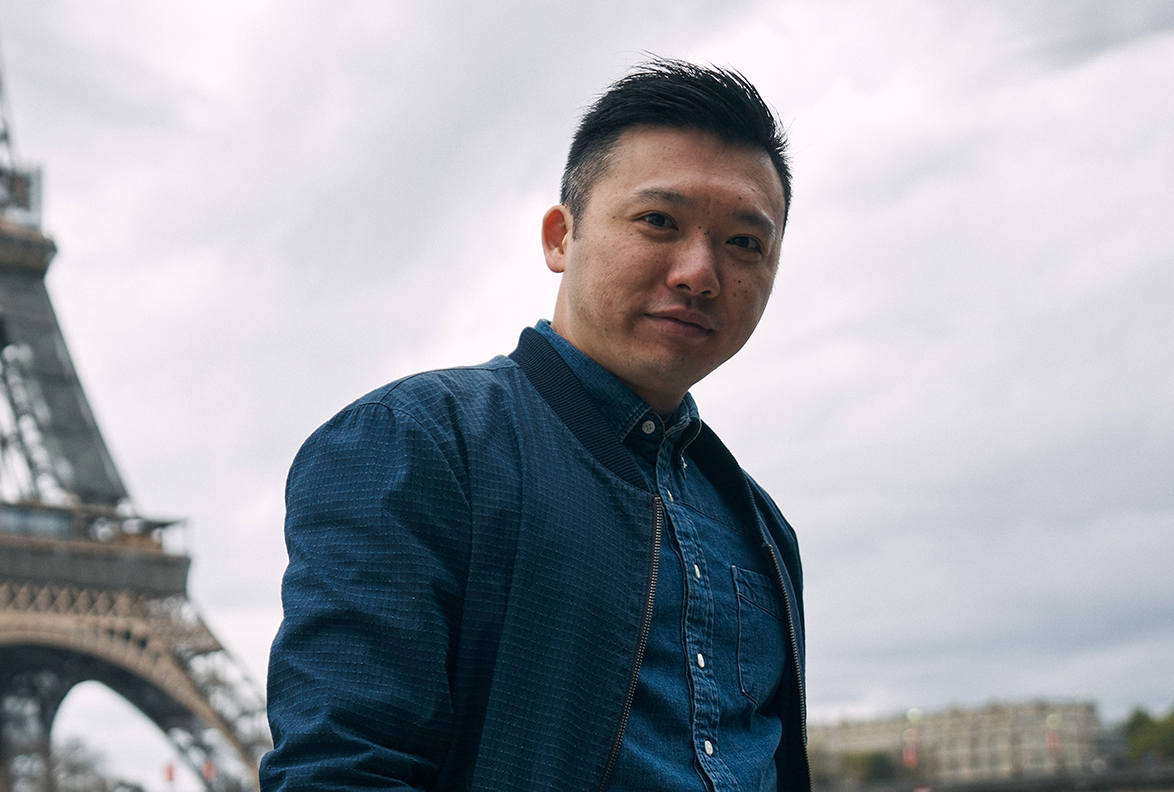
Alexandre Tang
It was seeing the dystopian movie “Gattaca” as a kid that made Alexandre Tang want to make a difference and try to find cures for cancer and other diseases. His career hasn’t always been easy, but being a scientist has taught him resilience, patience and to always give the best of himself.
“I’ve learned to push myself beyond my limits, like an athlete has to in order to win gold”
Alexandre now works in the groundbreaking immuno-oncology team at Sanofi. The partnership with Paris 2024 makes total sense to him. Sport and science share the same focused mindset, the same incredibly rigorous preparation followed by an intense burst of effort, the same determination to be the best every time.
Curing blood cancers is the finishing line Alexandre is aiming for now. But, knowing him and his devotion to making the world a better, healthier place, that will just be the starting line for his next race.
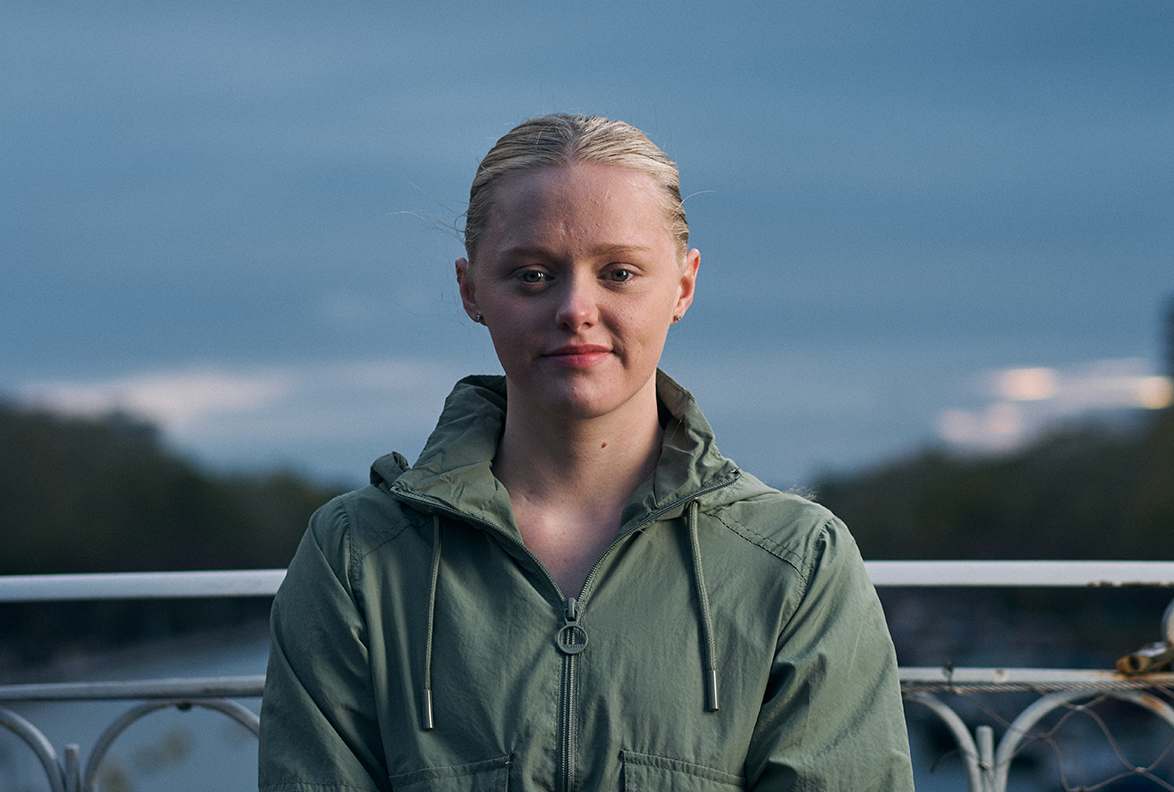
Ellie Challis
Now a world-class paralympic athlete, Ellie Challis was just 16 months old when she contracted meningitis, resulting in the amputation of her limbs. She began swimming lessons at 8 years old after being inspired by the story of a dolphin who had its tail amputated.
In 2012, she attended the Paralympic Games in London and something clicked:
“I just knew para swimming was something I really wanted to pursue professionally” - and with characteristic determination she did.
Today, 18-year-old Ellie is Britain’s youngest Paralympic medalist, winning silver at Tokyo 2020.
As well as preparing for Paris 2024, Ellie uses her platform to drive positive change and raise awareness about meningitis. She’s a trailblazer for what people living with disabilities can achieve and her story is only just getting started.
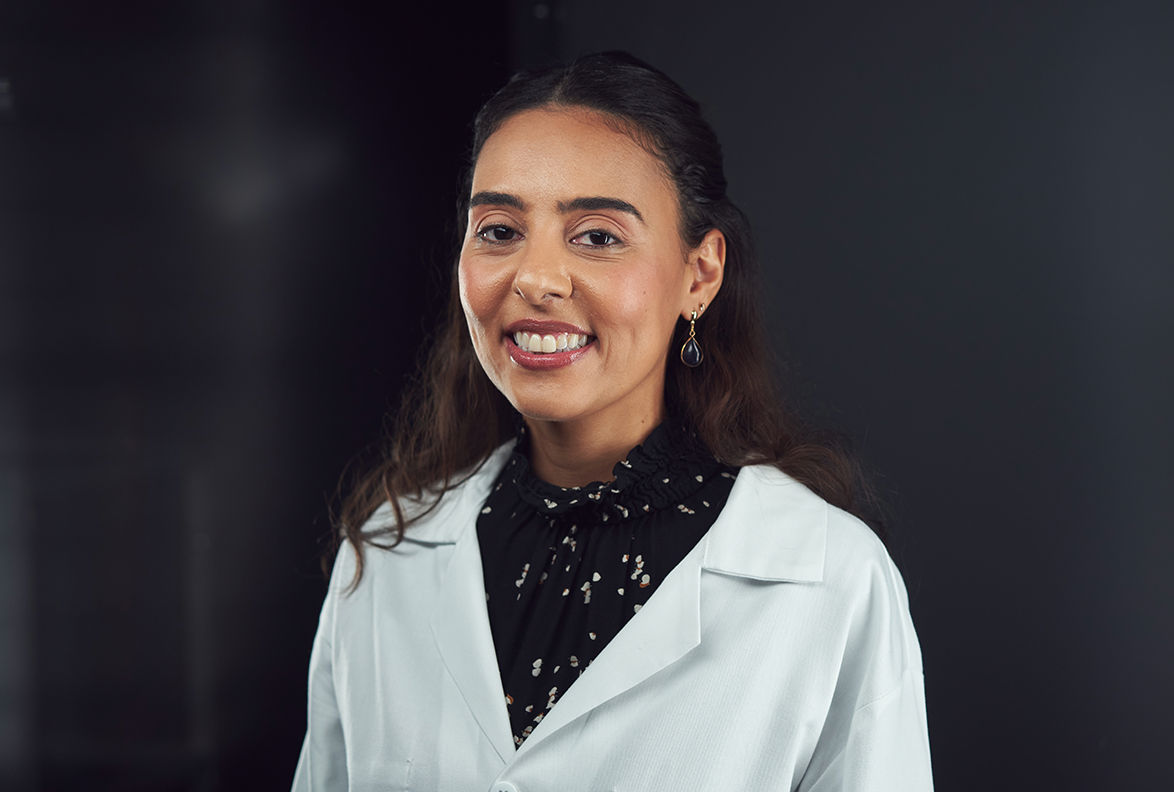
Micaela Vitor
Micaela started her career applying her skills in chemical and mechanical engineering to biology. Seeing the impact her work could have on patients’ lives, she joined Sanofi as a Senior Research Scientist.
Micaela brings unrivaled expertise to the role, as well as cutting-edge approaches to antibody discovery and the use of nanotechnology
“Diversity is important to grow. And to think in a different way”
Micaela is a big champion of the benefits of diversity, both in science. Differing perspectives on a problem encourage creative solutions; something that’s crucial to her own research.
She sees failure as a normal part of the process, encouraging us to see why something doesn’t work, to change, to improve and eventually do better.
“Resilience is very important in science.”
It’s this perseverance, creativity and curiosity that make Micaela the scientist she is today as she works to chase the miracles of science to improve people's lives.
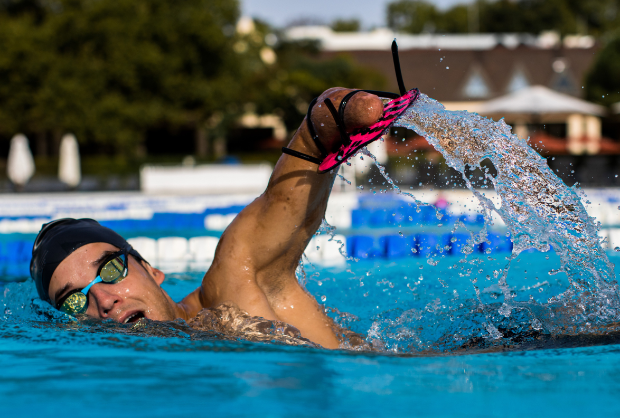
Théo Curin
When he was 6, Théo Curin woke up with a terrible headache, as well aspains in his back and neck. His parents rushed him to hospital, where shortly afterwards he was diagnosed with bacterial meningitis. The doctors were then forced to to make the difficult decision to amputate all four limbs to save his life.
Before his illness, Théo had a phobia of water. Since his release from hospital however, he found that water was where he felt strongest, free of his prosthetics and wheelchair. This feeling of freedom and lightness contributed to his remarkably quick rise to the top of para-swimming. In 2016, he participated in the Rio Paralympic Games, becoming the youngest member of the French delegation. In 2017, he became double world vice-champion.More recently, , Theo continues to defy the odds, swimming unaided across Lake Titicaca. Last November, he became the first disabled athlete to complete the 57km Santa Fe-Coronda in Argentina, one of the three toughest open-water races in the world.
“Without this illness I’d never have realized the importance of living life to the full.”
